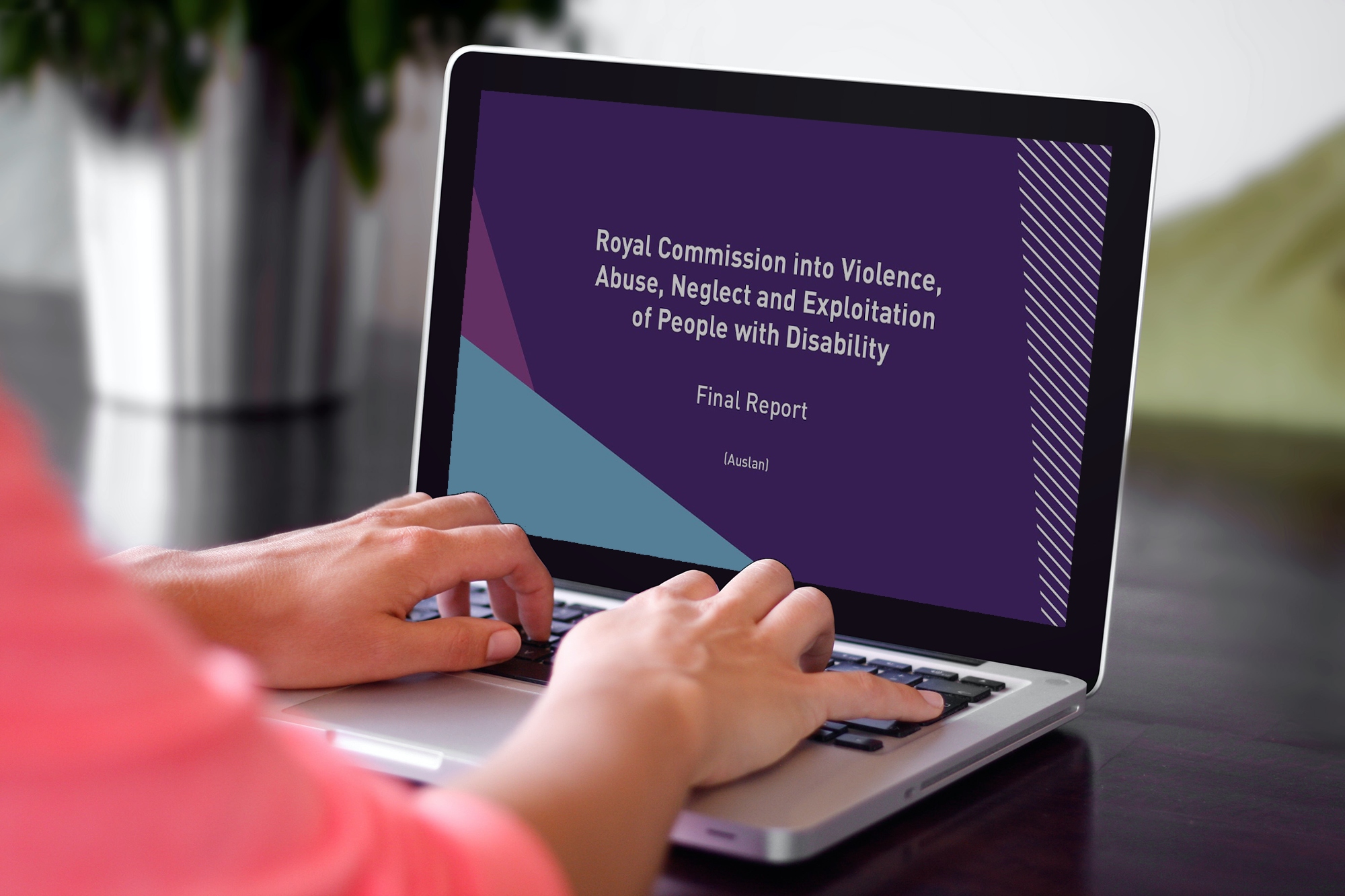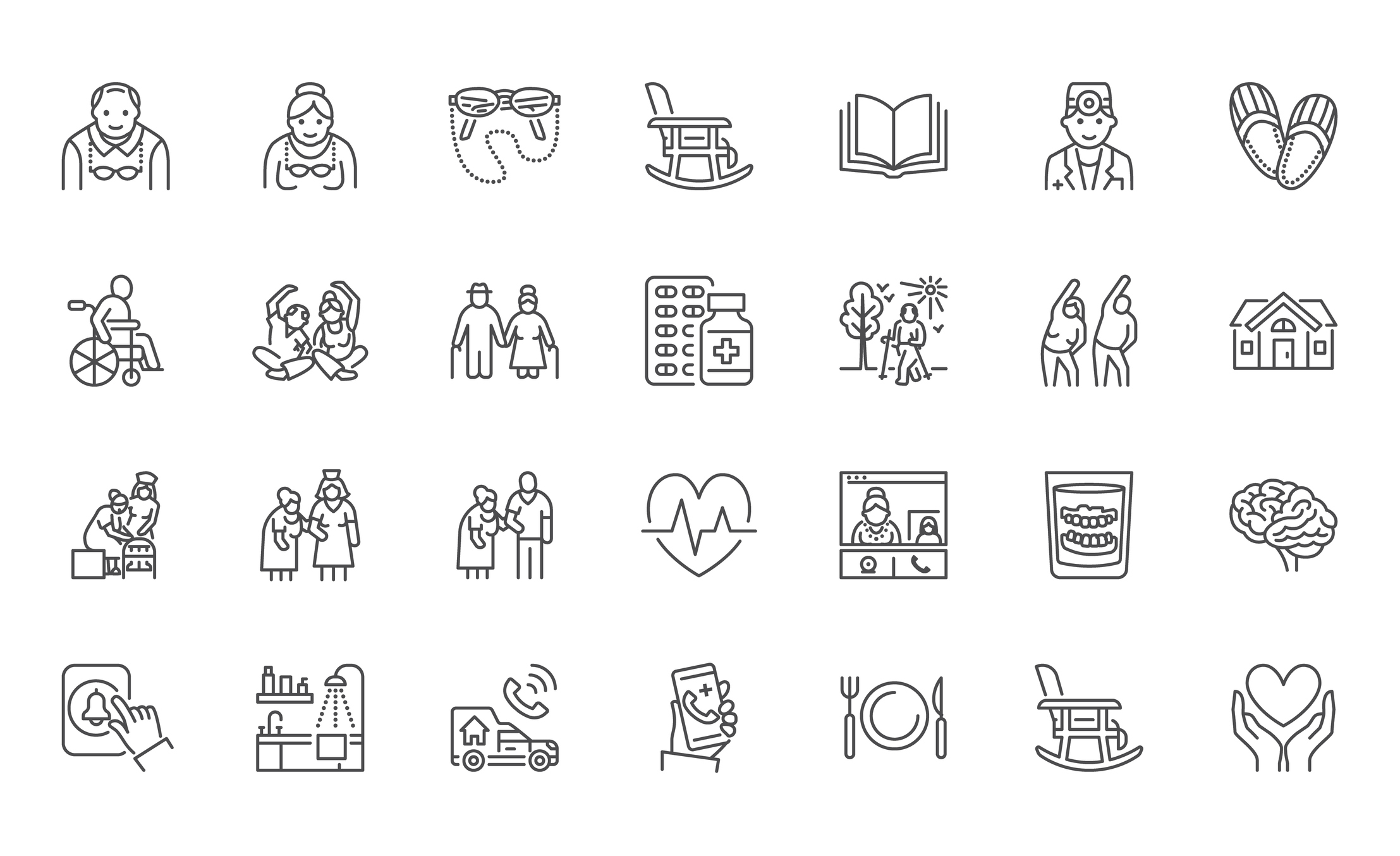The National Safety and Quality Digital Mental Health (NSQDMH) Standards were released in November 2020, and are the first of their kind. Developed by the Australian Commission on Safety and Quality in Health Care in consultation with consumers, service providers, academics, regulators and technical experts, the NSQDMH Standards aim to improve the quality of digital mental health service provision, and protect service users and their support people from harm.
What is a digital mental health service?
In the current context of the COVID-19 pandemic, coupled with the rapid evolution of digital technologies, telehealth services are being used more widely than ever before. As the take-up of these digital services increases, it makes sense to improve the regulation of the digital health service provision space.
So what does a digital mental health service look like?
The NSQDMH Standards define digital mental health as a mental health, suicide prevention or alcohol and other drug (AOD) service that uses technology to facilitate engagement and deliver care. Traditionally mental health, suicide prevention and AOD were considered distinct sectors, however the NSQDMH Standards refer to these digital services collectively.
Digital mental health services include:
- Services that provide information
- Digital counselling services
- Treatment services (including assessment, triage and referral services)
- Peer-to-peer support services
Digital mental health services may be delivered by:
- Telephone (including mobile phone)
- Videoconferences
- Online services (such as web chats)
- SMS
- Mobile health applications (apps)
What are the National Safety and Quality Digital Mental Health Standards?
The three NSQDMH Standards are:
- Clinical and Technical Governance Standard
- Partnering with Consumers Standard
- Model of Care Standard
The three standards include 59 actions related to clinical and technical aspects of digital mental health services. They describe the level of care and the safeguards that a digital mental health service should provide.
The NSQDMH Standards create a nationally consistent quality assurance mechanism for digital mental health service providers. Providers can assess areas of compliance as well as areas for improvement, with respect to their safety and quality assurance systems.
The standards are modelled on the National Safety and Quality Health Service Standards (NSQHS). Providers who already meet NSQHS are only required to implement actions specific to the NSQDMH Standards, which are relevant to their service.
Implementation of the NSQDMH Standards is currently voluntary. Self-assessing against the standards is an excellent way for service providers to demonstrate best practice in this space.
To assist providers to learn more about these standards and measure themselves against them, we are pleased to offer a self-assessment for the NSQDMH Standards on SPP. Our self-assessment consists of quizzes for each action across the three standards, as well Evidence Guides and linked resources to accompany each quiz.
You can find the self-assessment for the National Safety and Quality Digital Mental Health Standards in SPP under the Standards tab > Australian National Standards.
Want to learn more?
Self- assess against the National Safety and Quality Digital Mental Health Standards on SPP.


